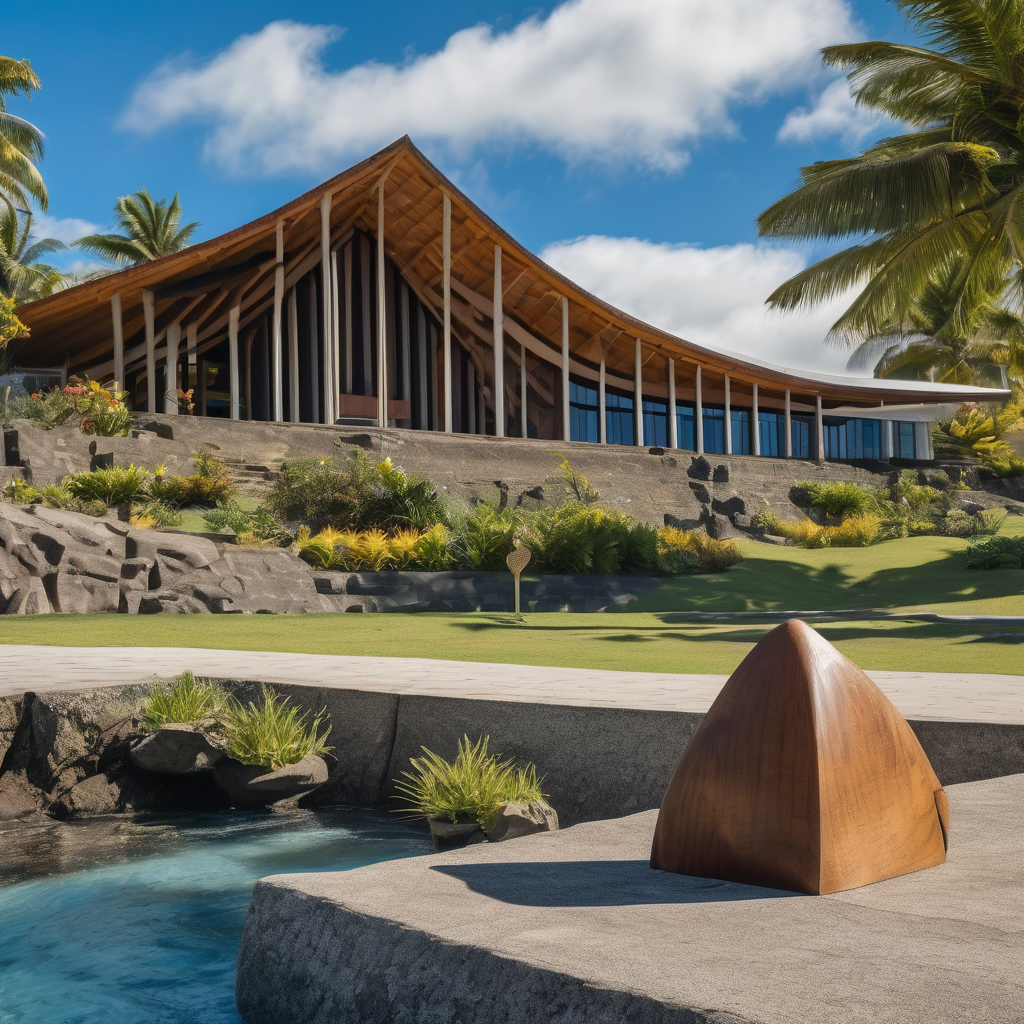Minister for Lands Filimoni Vosarogo has raised critical concerns about Fiji’s single-constituency electoral system, stating it complicates voters’ ability to hold their Members of Parliament (MPs) accountable to local communities. During a visit to Bua, villagers expressed their frustrations over unfulfilled promises from the ministers representing their areas, emphasizing a growing sense of neglect.
“The challenge with our current electoral system is that, as a voter, you cannot pinpoint someone and say, ‘You represent us in this particular constituency like Bua Rural or Bua Urban,” Vosarogo explained. He contrasted this situation with previous electoral frameworks that allowed voters to choose representatives from their own districts, where accountability was clearer. In the past, if a candidate from their area failed to deliver, voters had the power to effect change at the polls. In today’s system, however, MPs are tasked with representing all of Fiji, not just their local communities, which dilutes their responsibility to specific constituents.
This critique aligns with broader discussions around the electoral reform currently taking place in Fiji, as residents from various regions have voiced the need for dedicated constituency offices for MPs. Such offices would promote familiarity with local challenges and enhance advocacy for community issues in Parliament. Notably, constitutional experts and local leaders have echoed questoins about the disconnect between voters and their representatives, advocating strongly for a return to a constituency-focused system to ensure voters can engage directly with representatives who understand their needs.
The Electoral Act has recently undergone a review, with the report now submitted to the Attorney-General’s office for consideration. This review presents an opportunity for significant reforms that could lead to enhanced inclusivity and representation in the electoral process, bringing Fijian voters closer to their elected officials and rekindling trust in the political system.
As dialogues continue and community engagement increases, there remains hope that meaningful electoral reforms will be realized, fostering a democratic environment where the voices of all citizens are acknowledged, respected, and reflected in governance. This journey towards improved accountability and representation illustrates a positive outlook for the future of democracy in Fiji.
